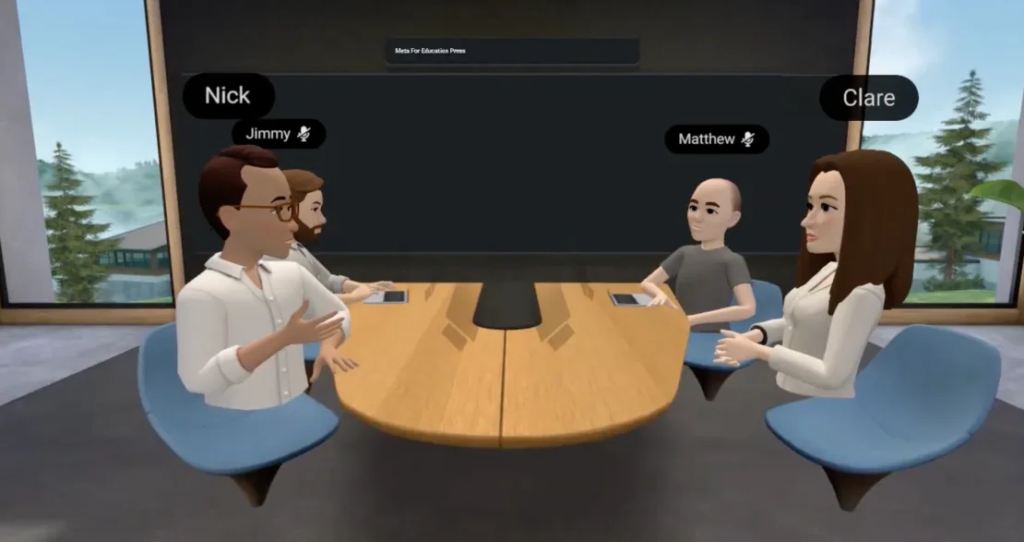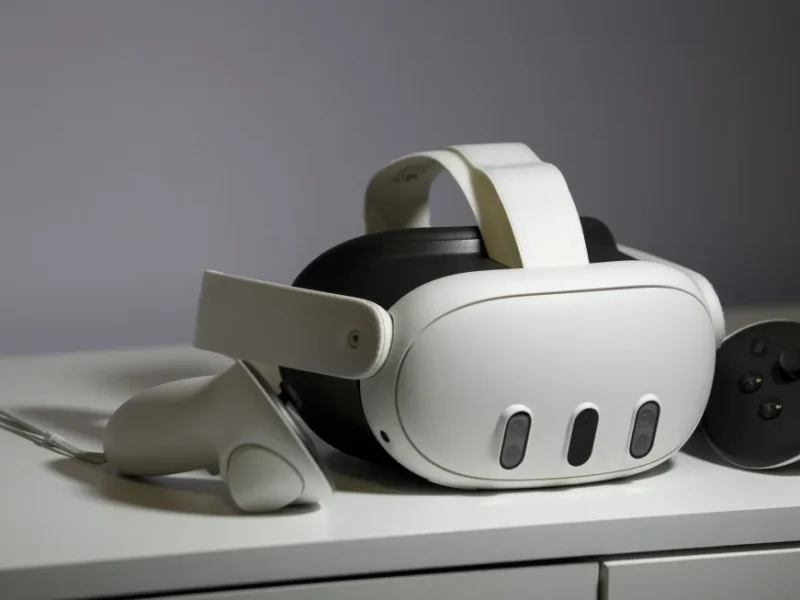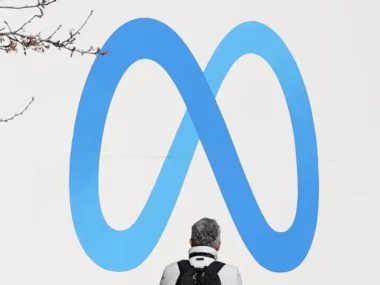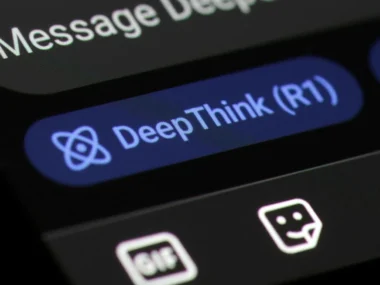Imagine stepping onto a school bus and embarking on an immersive educational journey through the human body—not in a fictional episode of “The Magic School Bus,” but through Meta’s Quest virtual reality headsets. Meta aims to facilitate such experiences for students digitally with new software for educators, set to launch later this year. This software will simplify the use of VR headsets in classrooms, allowing teachers to manage multiple Quest devices, access educational apps, and monitor student usage more effectively.
Integrating VR into classrooms opens up exciting learning opportunities, such as enabling drama students to experience a real-time performance of Shakespeare at the Globe Theatre. However, it also raises concerns about digital safety and the potential consequences of increased digital interactions over in-person experiences. Moreover, questions persist about whether VR truly enhances learning outcomes.
According to Meta, VR offers unique possibilities impossible in the physical world due to constraints like time and space. For instance, during an interview with Meta’s President of Global Affairs, Nick Clegg, conducted via VR, despite being in different locations, it felt as if we were sitting together in an office. Nevertheless, VR’s effectiveness in education warrants further research and evaluation.
Vincent Quan, an education researcher, emphasizes the need for rigorous evaluation of VR’s impact on learning outcomes. While Meta cites studies like a 2022 PwC report showing increased engagement among students trained in VR, Quan stresses that the effectiveness of classroom technology varies and requires careful assessment.
Meta attributes the development of new Quest features to feedback from educators and the growing community of developers creating educational VR apps.

On Wednesday, April 10, 2024, CNN journalist Clare Duffy conducted a virtual reality interview with Meta’s President of Global Affairs, Nick Clegg, using a Meta Quest 3 headset. This immersive interview also involved Meta spokespeople.
New Mexico University is utilizing these headsets to instruct criminal justice students in virtual crime scene investigation, while Morehouse College has pioneered a “digital twin campus” for teaching various subjects via VR. Both initiatives stem from a partnership program with Meta aimed at testing the educational potential of VR technology.
Nick Clegg highlighted educators’ desire for user-friendly VR technology that minimizes setup time and provides comprehensive control over student experiences. This feedback informed the development of the new Quest education software, which offers educators the ability to manage multiple devices seamlessly and monitor student activities closely.
Additionally, Clegg noted that the new software includes special safeguards for students aged 13 to 17, such as restricting access to the Meta Quest app store. Instead, students can only access applications pre-approved by teachers and pre-loaded onto the devices.
Inquiries regarding the use of virtual reality (VR) in educational settings typically involve several key questions:
The expense associated with integrating VR headsets into classrooms may pose a challenge to adoption, particularly for schools already grappling with limited resources. Although Meta’s Quest 3 devices are comparatively affordable, starting at $499 each, this cost could still be prohibitive for many educational institutions.
Vincent Quan noted that while new educational technology tools hold promise in theory for leveling the playing field, students who stand to benefit most from additional instruction often lack the resources or familiarity with the technology to effectively utilize it. This disparity can exacerbate existing inequalities in education.
Nick Clegg acknowledged that cost is a significant consideration when introducing new technology into education, particularly for those with limited means. However, he emphasized the potential long-term benefits of VR experiences, such as virtually visiting museums, which could ultimately make valuable educational experiences more accessible and affordable.
Regarding concerns about the potential dystopian feel of classrooms filled with students wearing headsets and engaging in digital interactions, Clegg expressed a different perspective. He suggested that future generations may view traditional classroom methods, such as silent reading at desks, as joyless and outdated, highlighting the potential for VR technology to revolutionize learning experiences.











